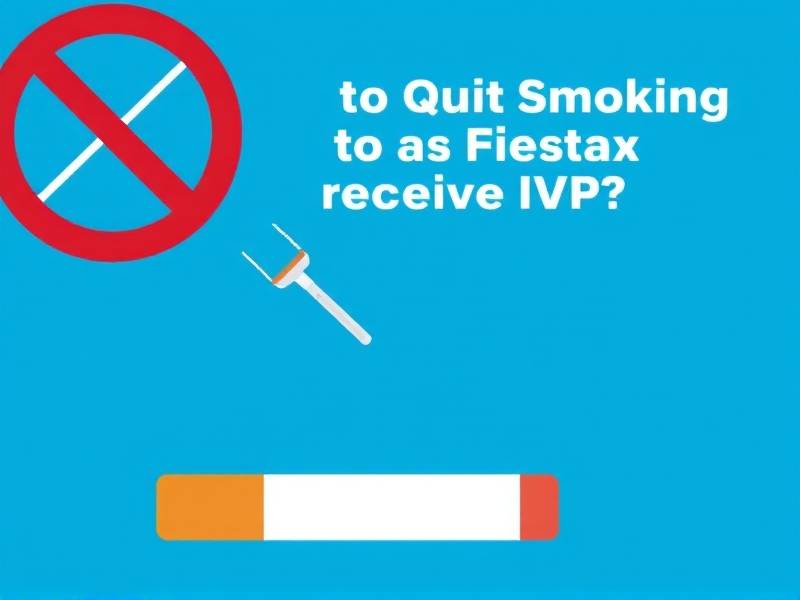Do I Have to Quit Smoking to Receive IVF?
IVF and Smoking: Do You Need to Quit Before Treatment?
Subheading: The Concerns and Answers About Smoking and IVF
Are you considering in vitro fertilization (IVF) to start or expand your family, but worried about the impact of smoking on your chances? Many individuals who smoke are unsure whether they need to quit before undergoing IVF treatment. In this article, we'll explore the relationship between smoking and IVF, addressing common concerns and providing expert insights.

Understanding the Impact of Smoking on Fertility
Smoking has been proven to have detrimental effects on fertility. The chemicals present in cigarettes can interfere with the reproductive system in both men and women. For women, smoking can affect ovulation, decrease egg quality, and increase the risk of ectopic pregnancy. In men, smoking can lead to reduced sperm count, motility, and overall sperm health.
The Role of Smoking in IVF Success
When it comes to IVF, quitting smoking is not always a strict requirement but is highly recommended. Studies have shown that women who smoke during their IVF journey may experience lower success rates compared to non-smokers. This is due to the increased risk of complications during the procedure and potential long-term effects on pregnancy outcomes.
Should I Quit Smoking Before IVF?
The decision to quit smoking before undergoing IVF depends on various factors:
- Current Health Status: If you're already experiencing fertility issues due to smoking, quitting can improve your chances of conceiving.
- Smoking Intensity: Heavy smokers may see more significant improvements in fertility than light smokers.
- Duration of Smoking: Quitting at any point before starting IVF can be beneficial.
- Doctor's Recommendation: Your fertility specialist will provide personalized advice based on your specific situation.
How Can I Quit Smoking?
Quitting smoking can be challenging; however, several strategies can help:
- Seek Professional Help: Consult with a healthcare provider or a fertility specialist for guidance.
- Nicotine Replacement Therapy (NRT): Utilize nicotine patches, gum, or lozenges to reduce withdrawal symptoms.
- Behavioral Techniques: Identify triggers that lead you to smoke and find healthier alternatives.
- Support Systems: Join a support group or seek assistance from friends and family.
Conclusion

While quitting smoking isn't an absolute requirement for receiving IVF treatment, it's highly recommended for those struggling with fertility issues due to smoking habits. By quitting now, you may improve your chances of success with IVF and ensure a healthier future for yourself and your potential child.
Remember that every individual's situation is unique; consult with your healthcare provider for personalized advice regarding your fertility journey.
